Unthreaded stainless steel pins are mechanical fasteners that don’t require a thread and can be put into pre-drilled holes without corroding. Read More…
At Chicago Nut & Bolt, we specialize in manufacturing high-quality cold headed parts tailored to meet the most demanding industrial specifications. With decades of experience in fastener production, we have built a reputation for delivering precision-engineered components that perform reliably in critical applications.

Global manufacturer Stalcop specializes in the manufacturing of cold headed parts. Stalcop can meet your needs with specialty solutions, combining processes with secondary operations such as CNC machining and assembly. With over 100 years combined experience, count Stalcop for quality and lower prices! Stalcop serves its customers by offering products and services that are consistent and timely.

At Precision Metal Components, we specialize in manufacturing high-performance cold headed parts that deliver superior strength, precision, and reliability across demanding industries. Through advanced cold heading technology, we shape metal with exacting accuracy while minimizing material waste and improving structural integrity.

Here at NSK Industries, Inc. we are a turnkey manufacturing which means we will supply your cold forming needs with a short amount of lead time. Our company manages four facilities and we strive to be an unsurpassed supplier. We have the background and production lines that can get your projects done regardless of complexity. We are eager to adhere to your specifications. Please visit our website ...

More Stainless Steel Pin Manufacturers
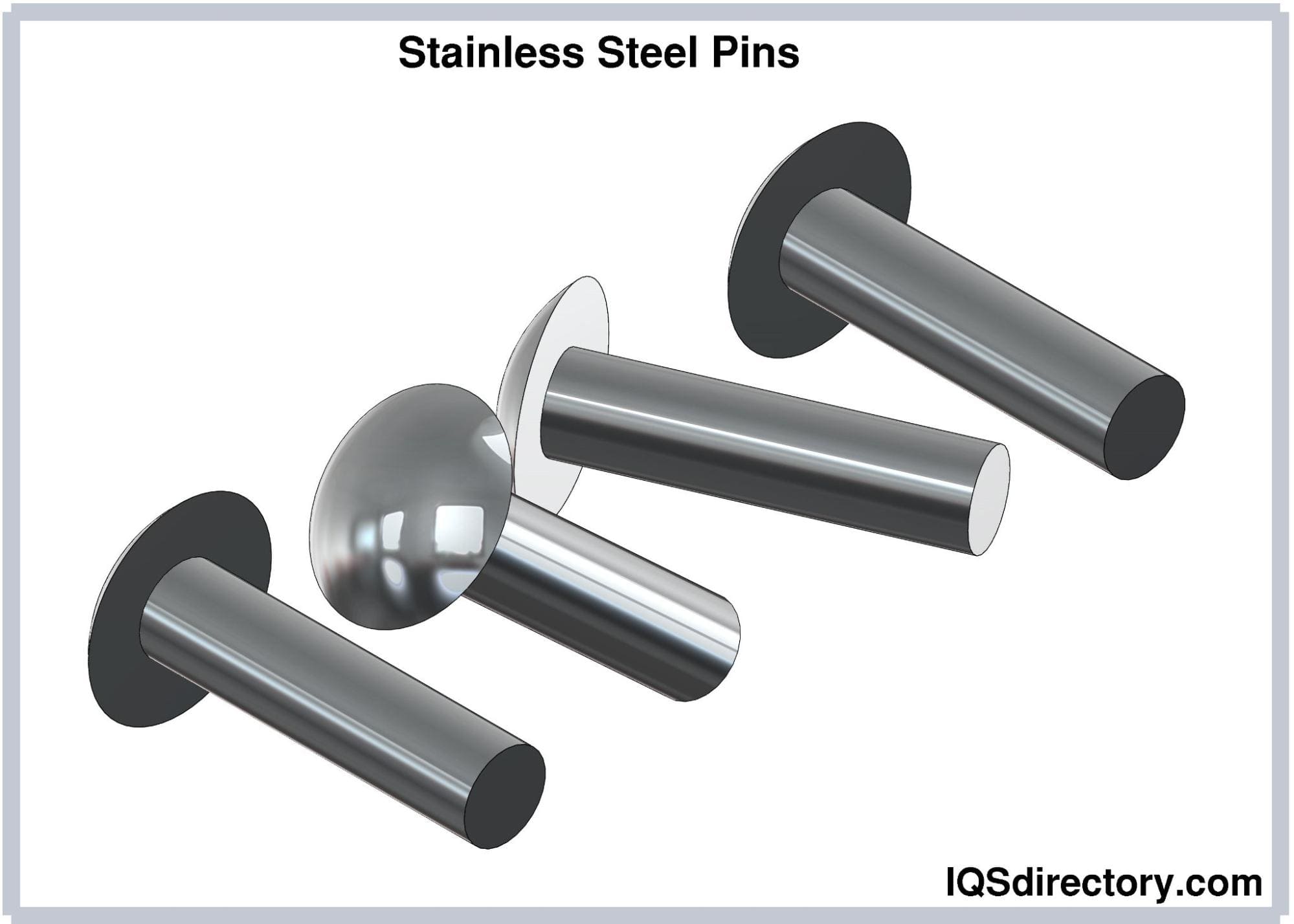
Stainless Steel Properties
Stainless steel is an umbrella term for a group of iron-based alloys renowned for their remarkable corrosion resistance, mechanical strength, and aesthetic appeal. These corrosion-resistant steel alloys are formulated by combining iron with various alloying elements such as chromium, nickel, manganese, molybdenum, silicon, titanium, niobium, copper, tungsten, vanadium, carbon, nitrogen, sulfur, and phosphorous. The precise composition can be adjusted to create different grades of stainless steel—each with unique mechanical and chemical properties tailored to specific applications.
One of the defining features of stainless steel is its ability to withstand harsh environments, making it a preferred material for industrial fasteners, automotive components, medical devices, marine hardware, and construction materials. By altering the proportions of alloying elements, manufacturers can optimize stainless steel for properties such as tensile strength, ductility, heat resistance, formability, and, most importantly, corrosion resistance.
Popular grades like 300-series austenitic stainless steels (including 304 and 316) provide an excellent balance of corrosion resistance, ease of fabrication, and non-magnetic behavior. Other types, such as ferritic and martensitic stainless steels, offer different balances of hardness, magnetic properties, and cost-effectiveness. This versatility is what makes stainless steel an ideal choice for a wide range of precision engineering and manufacturing applications.
Why Stainless Steel Pins are Corrosion Resistant
The standout characteristic of stainless steel is its inherent resistance to corrosion. This property is primarily attributed to the presence of at least 10.5% chromium by weight in the alloy. Chromium enables the formation of a thin, durable, and self-healing passive layer of chromium oxide on the surface of the steel. This invisible barrier protects the underlying metal from environmental factors such as moisture, air, acids, and chemicals that would otherwise lead to rust and deterioration.
Even if the passive film is scratched or chemically damaged, it self-repairs in the presence of oxygen—making stainless steel pins particularly suitable for demanding environments, including marine, food processing, medical, and chemical industries. By increasing the chromium content or adding other elements like nickel (improving ductility and corrosion resistance), molybdenum (enhancing resistance to pitting and crevice corrosion), or titanium (improving stability at high temperatures), manufacturers can further optimize stainless steel for specific industrial pin applications.
Do you need stainless steel pins for harsh or corrosive environments? Consider the intended use case—such as exposure to saltwater, chemicals, or high humidity—when selecting the appropriate grade and type of stainless steel pin for your project.
Types of Stainless Steel Pins
The term "stainless steel pins" encompasses a diverse array of precision fastening and positioning components, each tailored to distinct mechanical and industrial requirements. Whether you are engineering a high-performance assembly or seeking a reliable fastener for everyday use, understanding the various types of stainless steel pins and their respective benefits is crucial for successful product selection.
Common Stainless Steel Pin Varieties
- Elastic Cylindrical Pins: These pins, also known as spring pins or slotted roll pins, are designed to compress and expand within a hole, providing a secure and reliable hold. They are ideal for applications requiring shock absorption and vibration resistance.
- Internal Thread Cylindrical Pins: Featuring an internal thread, these pins allow for easy removal and secure fastening with screws or bolts, making them suitable for assemblies that may require frequent disassembly or adjustment.
- Threaded Cylindrical Pins: These pins have external threading and can be screwed directly into components, providing additional holding power and allowing for easy removal or replacement.
- Hole Pins: Also known as hollow pins, these are designed for specific alignment and fastening tasks where reduced weight or unique assembly requirements are needed.
- Common Cylindrical Pins: These plain, straight pins are used for general positioning and alignment purposes in a wide range of mechanical assemblies.
Tapered pins vs. Stainless steel bollard pins: While tapered pins are preferred for repeated assembly and disassembly due to their 1:50 taper and self-locking properties, stainless steel bollard pins are optimized for precision positioning and shearing strength. Tapered pins require reamed holes and offer high repeatability, while bollard pins are typically pre-machined and are not recommended for frequent removal to maintain tight tolerances and positioning accuracy.

Specialty Stainless Steel Pin Types
- Stainless Steel Dowel Pins: Among the most widely used steel pins, dowel pins are precision-engineered solid cylinders that act as accurate locating devices in assemblies. Installed with a slight interference fit, stainless steel dowel pins provide exceptional alignment and shear strength. Their corrosion resistance makes them an ideal choice for medical devices, aerospace, automotive, and electronic assemblies.
- Stainless Steel Grooved Pins: These solid pins are distinguished by longitudinal grooves swaged along their length, increasing their elasticity and holding power. Grooved pins are commonly used in situations requiring reliable fastening and vibration resistance, such as machinery, automotive, and electrical equipment.
- Wedge or Tapered Pins: Designed with a tapered profile, these pins provide a secure, friction-based hold when driven into matching holes. Their self-locking property makes them useful for applications where assembly and disassembly are required. In some markets, "cotter pin" may refer to split pins, R-clips, or circular cotters—each serving unique fastening or safety functions.
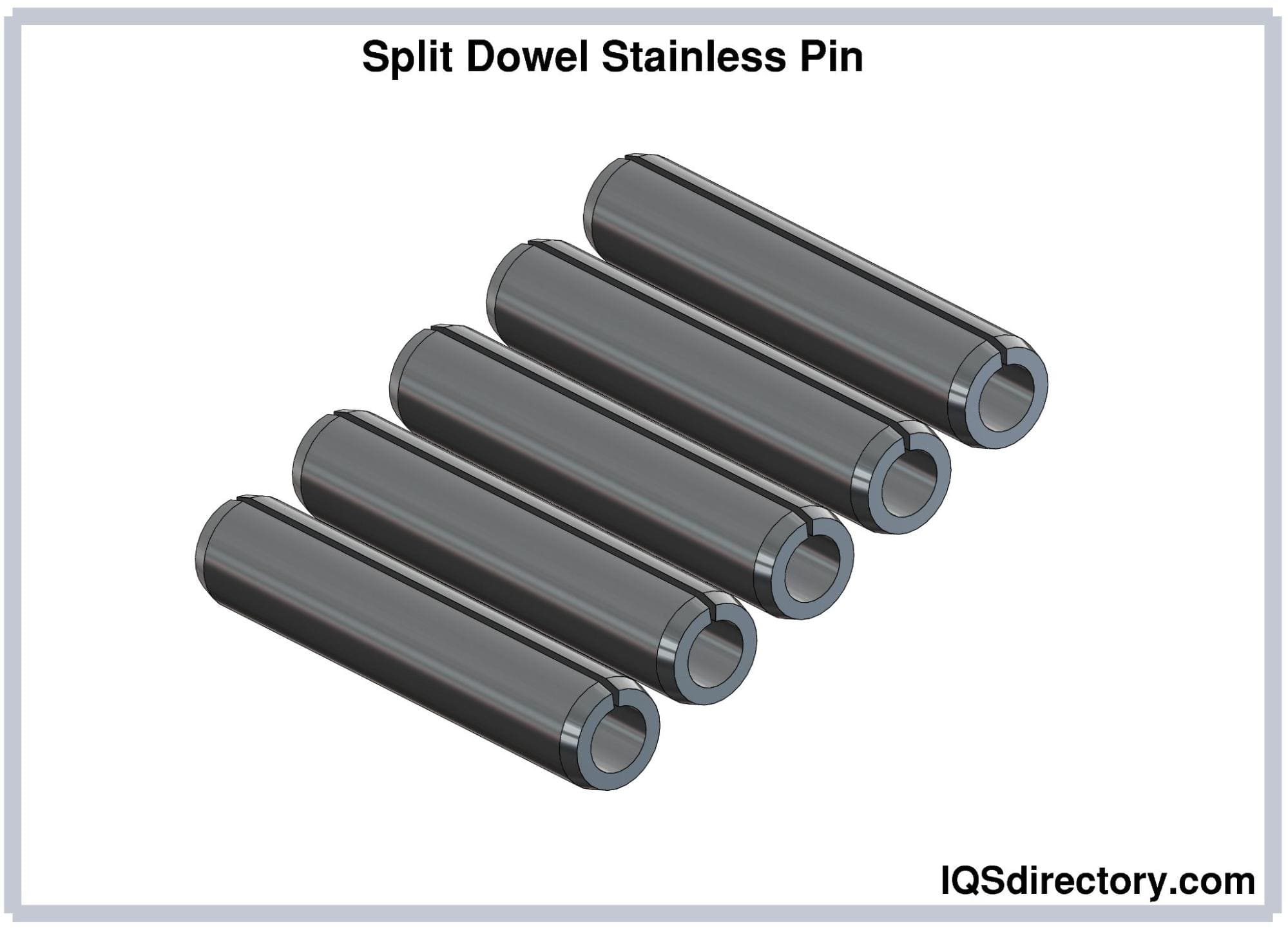
Application-Specific Stainless Steel Pins
- Precision ground pins: Used in high-tolerance assemblies and gauges, these pins are manufactured to exacting dimensional standards for critical alignment and measurement tasks.
- Clevis pins: Featuring a head at one end and a cross-drilled hole for a cotter pin or retaining clip, clevis pins are widely used in mechanical linkages and articulated assemblies.
- Linch pins and hitch pins: Common in agricultural, transportation, and heavy equipment, these pins provide secure, quick-release connections for moving parts and attachments.
- Spring pins: Also called slotted or coiled spring pins, these are designed to compress easily and provide excellent retention and shock absorption in dynamic environments.
- Custom cold headed stainless steel pins: For specialized or high-volume OEM requirements, custom pins can be produced using cold heading, machining, or secondary operations to achieve unique sizes, shapes, or features.
Not sure which stainless steel pin is right for your assembly?
Contact our engineering team for expert guidance on pin selection, sizing, and grade recommendations for your unique application.
Advantages of Stainless Steel Pins
Stainless steel pins offer a variety of performance, economic, and environmental benefits that make them the preferred choice for high-quality manufacturing, assembly, and engineering projects. Here are some of the key advantages of choosing stainless steel pins over other fastener materials:
- Exceptional Corrosion Resistance: Stainless steel pins maintain their integrity and appearance even in wet, humid, marine, or chemically aggressive environments, reducing maintenance and replacement costs.
- High Strength and Durability: These pins offer excellent tensile and shear strength, providing reliable performance under mechanical loads and stresses.
- Temperature and Heat Resistance: Stainless steel components withstand both extreme heat and cold, making them suitable for use in ovens, engines, refrigeration, and outdoor installations.
- Non-Magnetic and Anti-Sparking: Many stainless steel grades are non-magnetic and safe for use near sensitive electronics or in hazardous environments.
- Aesthetic Appeal: The bright, polished finish of stainless steel pins is visually appealing and ideal for decorative, architectural, or exposed applications.
- Recyclable and Environmentally Friendly: Stainless steel is 100% recyclable, supporting sustainable manufacturing and green building initiatives.
- Compliant with Industry Standards: Most stainless steel fasteners, including pins, are ROHS and REACH compliant, ensuring safety in consumer, medical, and electronic products.
- Cost-Effective Over Lifecycle: While the initial cost may be higher than carbon steel or plated fasteners, the long service life and reduced maintenance make stainless steel pins an economical choice in the long run.
- Availability and Versatility: Stainless steel pins are readily available in a wide variety of sizes, configurations, and grades, supporting fast delivery and project flexibility.
Searching for corrosion-resistant fasteners for your next project?
Browse our full catalog of stainless steel pins to find the ideal solution for your application.
Disadvantages of Stainless Steel Pins
Although stainless steel pins offer numerous advantages over other fastener materials, it is important to consider potential drawbacks as part of a thorough evaluation process. Here are some of the common disadvantages you may encounter when specifying stainless steel pins:
- Higher Initial Material Cost: Stainless steel pins are generally more expensive than pins made from standard carbon steel or low-alloy alternatives, which may impact budgeting for large-scale or cost-sensitive projects.
- Surface Smudging and Fingerprints: The polished finish of stainless steel can show fingerprints, smudges, and stains more prominently, requiring more frequent cleaning in applications where appearance is critical.
- Potential Aesthetic Mismatch: While stainless steel’s neutral appearance blends well in most environments, it may not be suitable for all design aesthetics, especially where color, texture, or a non-industrial look is desired.
- Work Hardening During Machining: Stainless steel can harden during machining processes, requiring specialized tools and techniques for efficient manufacturing.
- Galvanic Corrosion Risk: When stainless steel pins are used in contact with dissimilar metals in corrosive environments, galvanic corrosion may occur unless proper isolation or compatible materials are selected.
Need help balancing cost and performance when sourcing stainless steel pins?
Request a quote or consultation to compare stainless steel with other fastener materials for your specific application.
Typical Applications and Industries for Stainless Steel Pins
Stainless steel pins are essential components in countless industries and applications where strength, corrosion resistance, and dimensional accuracy are paramount. Here are some of the most common use cases:
- Aerospace and Aviation: Used for alignment, fastening, and securing critical components in aircraft and spacecraft assemblies.
- Automotive Manufacturing: Essential for positioning, joining, and securing parts in engines, transmissions, and chassis assemblies.
- Medical Devices and Equipment: Required for their biocompatibility and sterilization compatibility in surgical instruments, implants, and diagnostic devices.
- Food Processing and Packaging: Chosen for their hygienic properties and resistance to cleaning chemicals in processing machinery and conveyor systems.
- Marine and Offshore: Provide long-lasting performance in saltwater and high-humidity conditions for boats, docks, and subsea equipment.
- Electronics and Electrical Devices: Used for their non-magnetic and non-corrosive properties in sensitive assemblies and connectors.
- Construction and Architecture: Employed in anchoring, structural joining, and decorative hardware for commercial and residential buildings.
- Renewable Energy: Utilized in wind turbines, solar panel frames, and hydroelectric facilities for their strength and environmental durability.
- Heavy Equipment and Machinery: Found in industrial machines, agricultural implements, and mining equipment where high loads and harsh conditions are common.
Factors to Consider When Selecting Stainless Steel Pins
Choosing the best stainless steel pin for your project involves evaluating several important criteria. Answering the following questions can help guide your selection:
- What is the primary function of the pin? (e.g., alignment, fastening, load-bearing, safety, electrical isolation)
- What environmental conditions will the pin face? (e.g., exposure to chemicals, moisture, saltwater, extreme temperatures)
- What mechanical loads and stresses will the pin encounter? (e.g., shear, tension, vibration, impact)
- Are there size, tolerance, or regulatory requirements? (e.g., ISO, ASTM, DIN, or custom specifications)
- Is aesthetics or surface finish important? (e.g., visible architectural hardware, medical devices)
- Is the pin intended for single use or repeated assembly/disassembly?
- Are there budgetary constraints or volume requirements?
Still unsure which stainless steel pin fits your requirements?
Ask our technical experts for personalized recommendations or to discuss custom pin solutions.
Choosing the Right Stainless Steel Pins Manufacturer
Selecting a reputable and experienced stainless steel pins supplier is critical to ensuring product quality, timely delivery, and cost-effectiveness. When sourcing stainless steel pins, it's advisable to compare at least four or five manufacturers. Use our list of stainless steel pin manufacturers to review supplier profiles, capabilities, and certifications.
Each supplier profile features detailed information about their experience, production methods (such as cold heading, CNC machining, or custom fabrication), available grades and finishes, and quality assurance processes. Visit each stainless steel pin company’s website using our proprietary website previewer to evaluate their product range and industry expertise. Then, use our simple RFQ (Request for Quote) form to contact multiple manufacturers simultaneously. This streamlined approach makes it easier to compare pricing, lead times, and technical support—helping you make an informed purchasing decision.
Ready to source stainless steel pins for your application?
Request competitive quotes from multiple manufacturers and ensure you get the best value for your project.
Frequently Asked Questions About Stainless Steel Pins
- What are the most common grades of stainless steel used for pins?
304 and 316 are the most popular grades, with 316 offering enhanced corrosion resistance, especially in marine and chemical environments. Other grades may be used for specialized applications. - Can stainless steel pins be customized for unique applications?
Yes! Custom manufacturing options include unique sizes, shapes, finishes, and secondary features such as holes, threads, or grooves. - How do I ensure compatibility with other materials in my assembly?
Consult with your supplier or materials engineer to prevent galvanic corrosion and ensure mechanical compatibility with mating components. - Are stainless steel pins suitable for high-temperature or sterile environments?
Absolutely. Stainless steel’s heat resistance and sterilizability make it ideal for ovens, autoclaves, and medical applications. - How should I store and maintain stainless steel pins?
Store in a dry, clean environment and handle with gloves when possible to minimize fingerprints. Periodic cleaning with mild detergent helps maintain appearance. - Where can I buy stainless steel pins in bulk?
Visit our bulk stainless steel pin suppliers page for wholesale pricing and large-quantity orders.
Have a question not answered here?
Contact us for more information or to discuss your stainless steel pin requirements.





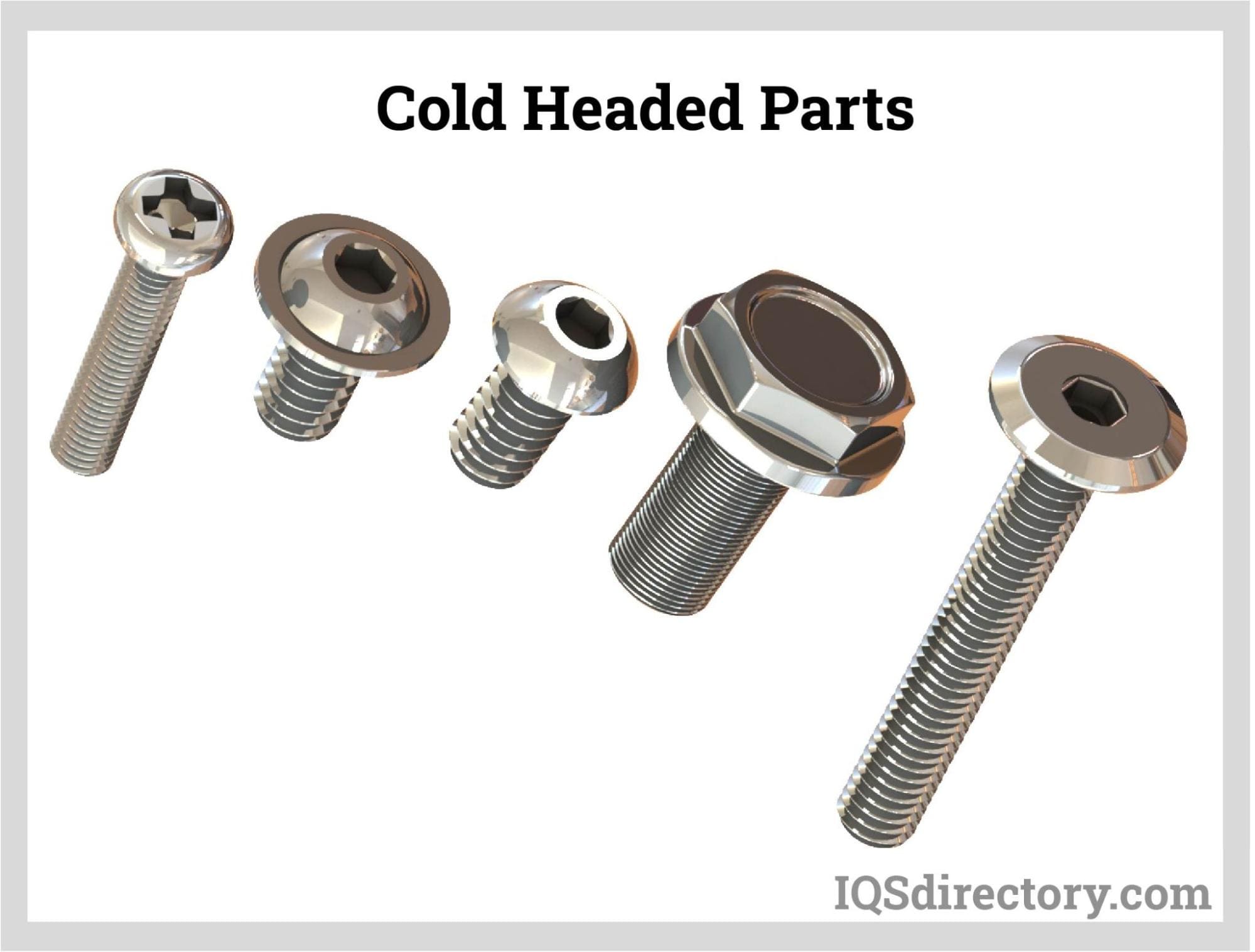
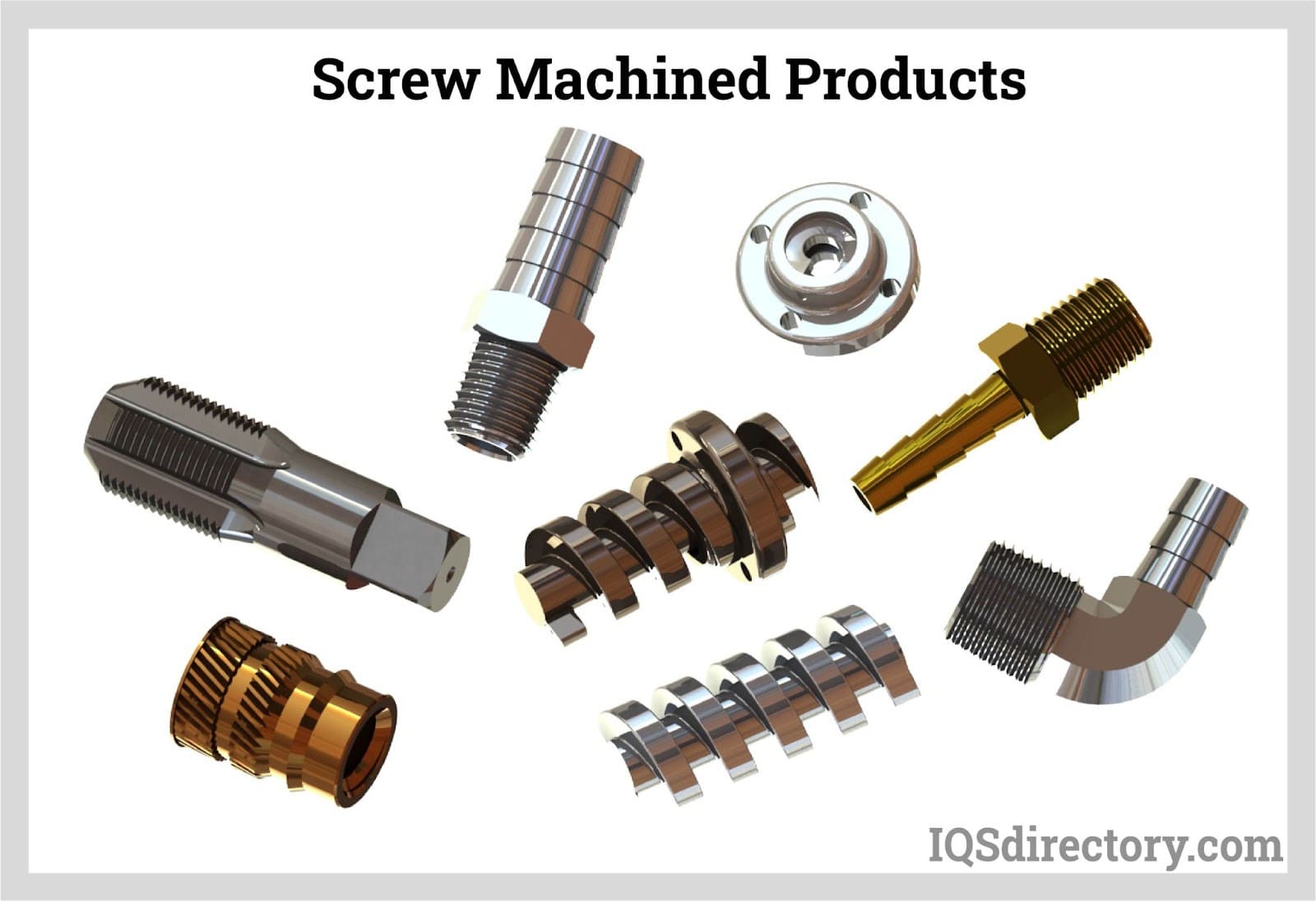
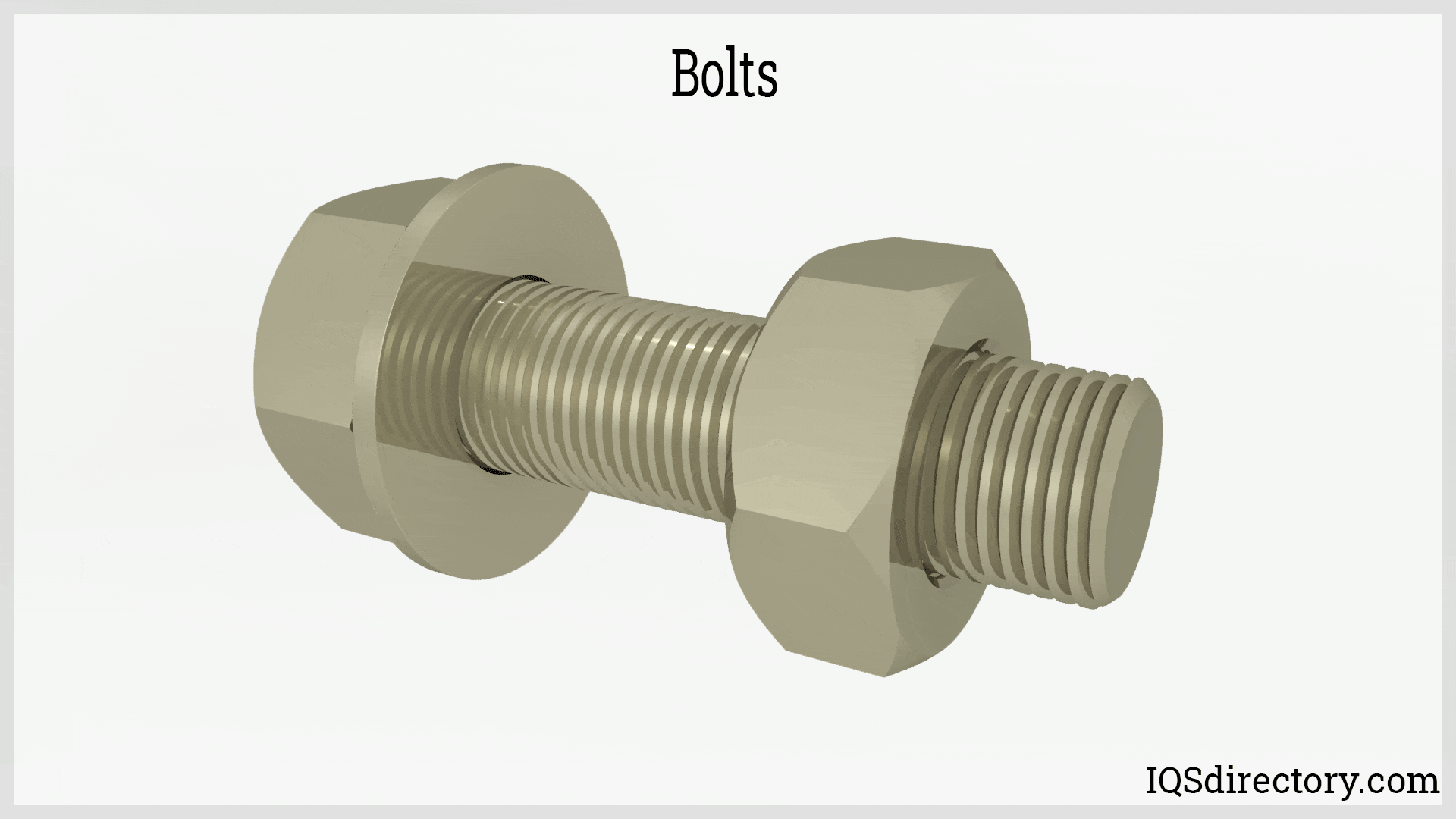
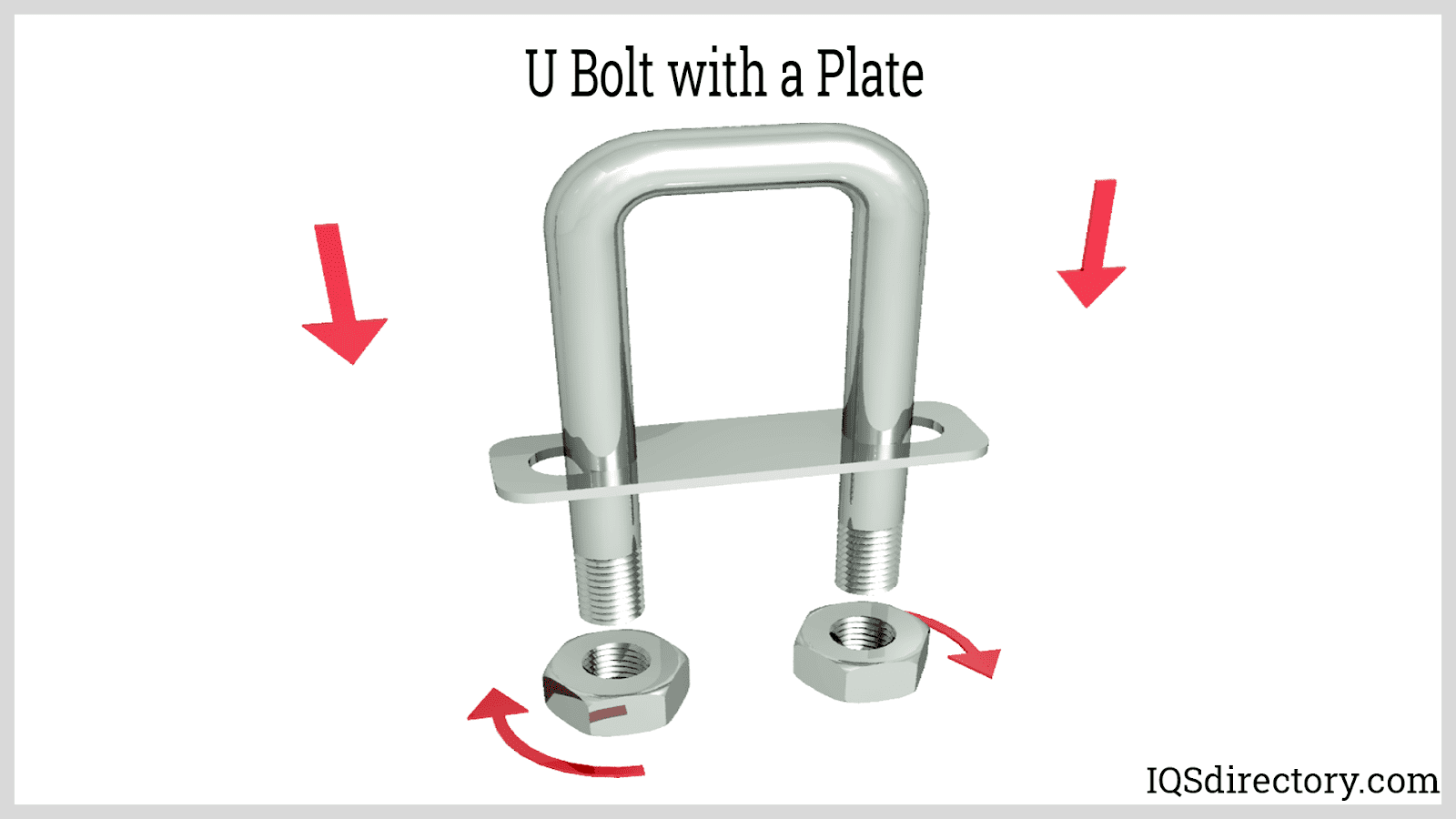
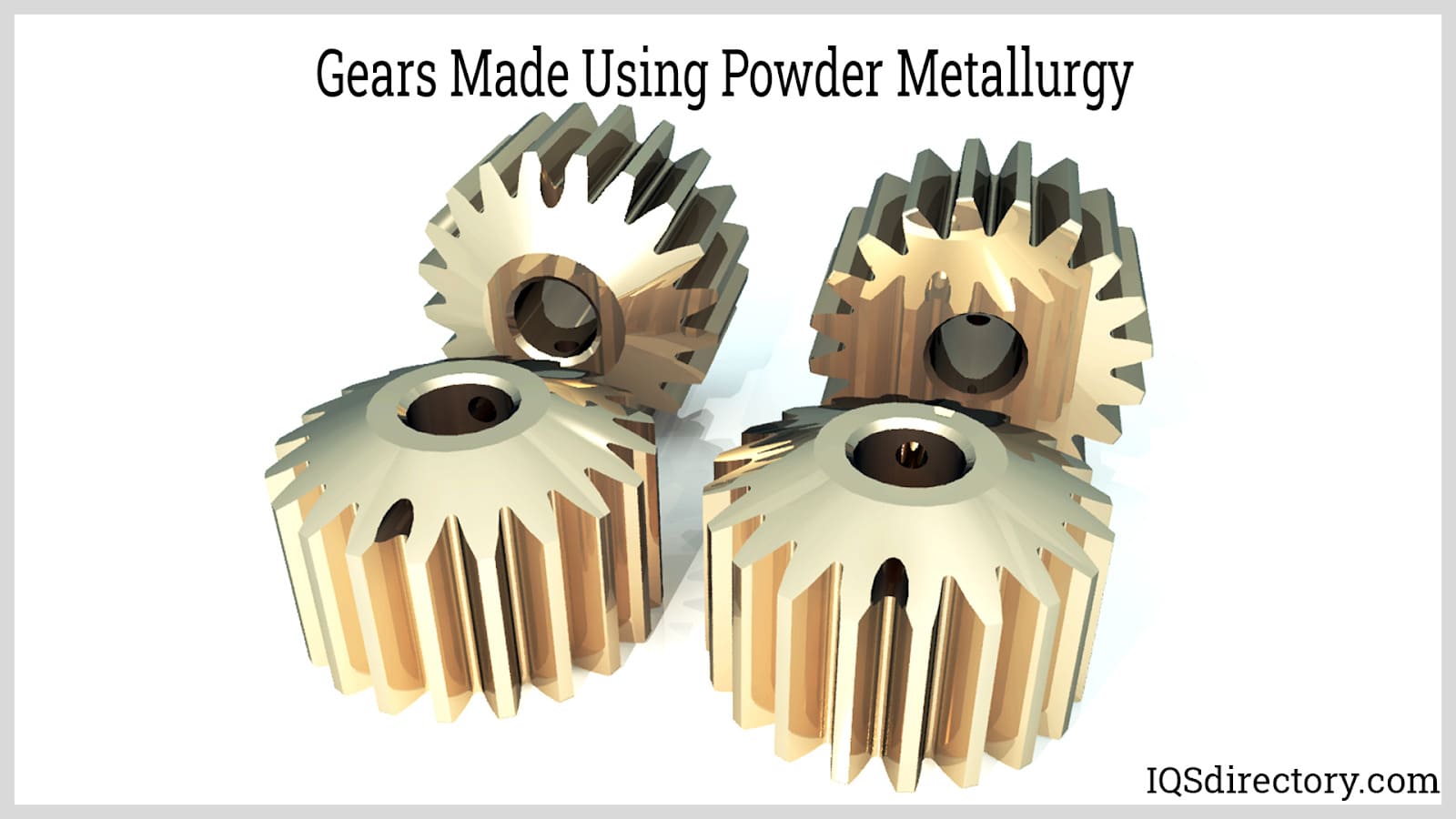
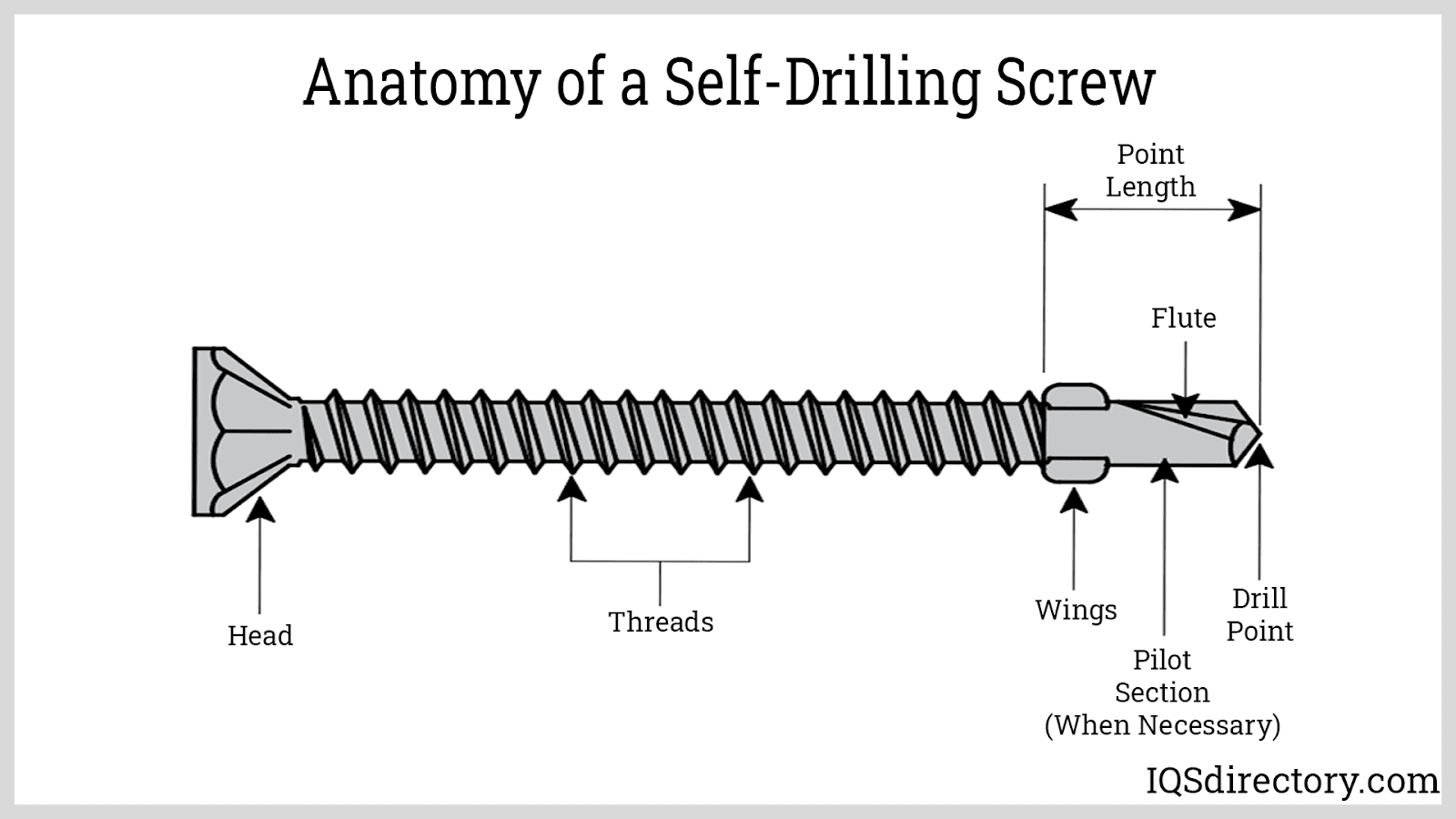
 Cold Headed Parts
Cold Headed Parts Expanded Metals
Expanded Metals Metal Spinning
Metal Spinning Powdered Metal Parts
Powdered Metal Parts Roll Forming
Roll Forming Springs
Springs Wire Forms
Wire Forms Wire Mesh
Wire Mesh Castings & Forgings
Castings & Forgings Bulk Material Handling
Bulk Material Handling Electrical & Electronic Components
Electrical & Electronic Components Flow Instrumentation
Flow Instrumentation Hardware
Hardware Material Handling Equipment
Material Handling Equipment Metal Cutting Services
Metal Cutting Services Metal Forming Services
Metal Forming Services Metal Suppliers
Metal Suppliers Motion Control Products
Motion Control Products Plant & Facility Equipment
Plant & Facility Equipment Plant & Facility Supplies
Plant & Facility Supplies Plastic Molding Processes
Plastic Molding Processes Pumps & Valves
Pumps & Valves Recycling Equipment
Recycling Equipment Rubber Products & Services
Rubber Products & Services